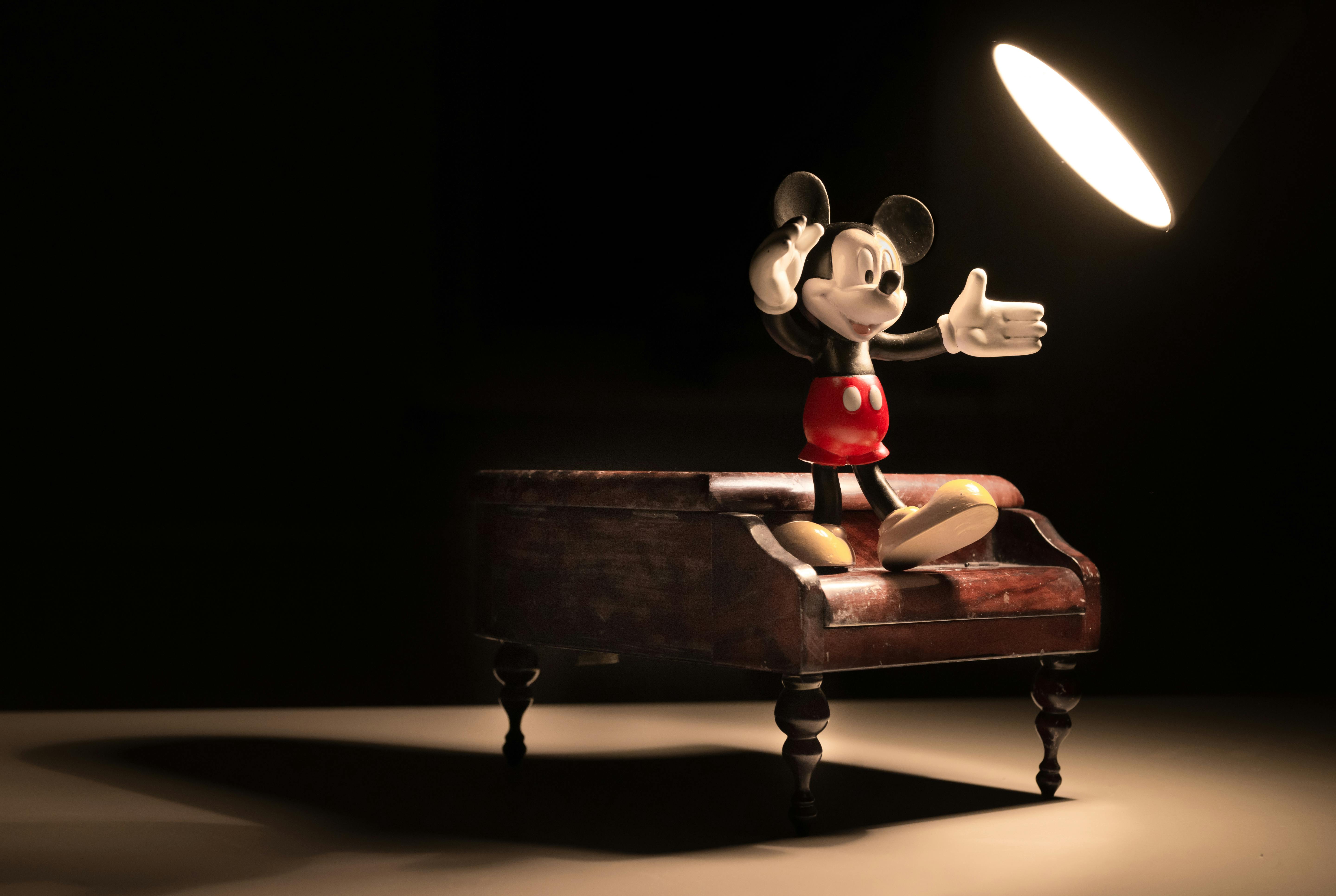For those of you who are not familiar, the walled garden is a term used to describe the situation where the operators control all the content that goes to your device. Being able to sell directly to consumers is a very expensive service that few can afford.
The walled garden is dealing with some serious blows to the industry right now. Depending on which carrier you’re with, even if you buy a game from a site that sends you an SMS with an html link to get the game, some carriers will even block this SMS link or download. This absolutely ensures that games can only be purchased through your deck. The fact that these small game developers cannot sell directly to the consumer means that it is incredibly difficult for them to get their games out there. This process is really stifling the growth of the industry.
Let’s say you’re one of the lucky publishers who has your game on a game console. The only way to sell your game in that deck is to hope that someone knows about your game and is specifically looking for it, or selects your game based on its catchy title. If the title is your only selling point, you’d better make sure the game is called “Aabaa’s Adventure” because the customer may not search the entire platform for the game. Shame on the developer who makes an awesome game but calls it “Zworf” (I don’t know why you would call it that anyway).
Ok, so you have a nice game and it has a catchy name at the beginning of the alphabet. What other problems will you incur? First of all, the lead times to get your game onto an operator’s platform are incredibly long compared to the time it takes to develop the game. It is common for a game that took 3 months to develop to wait 8 months before their game is in the deck. This causes serious cash flow problems.
Speaking of long wait times, let’s say you accidentally submitted the game with an error. We all know this would NEVER happen (wink), but hypothetically, what if? It would take a relatively long time to update your game because you have to go through the bureaucracy of the operator’s system. Not only that, but everyone who has the games without updating will have to buy the software again because their operators will require them to buy the game again.
It’s obvious why operators are so reluctant to cede the market to more direct-to-consumer publishers. Although the revenue they make from game sales is relatively minor compared to their other competitions; carriers still get huge revenue from monitoring all the content that moves through your phone. It is very difficult to convince them to give up these winnings in exchange for better games. This does not mean that it will never happen. Developers like Gameloft have negotiated with operators to be allowed the right to offer direct-to-consumer sales from their website in exchange for a limited time of exclusivity on the operator’s game console. These developers have proven that negotiating direct-to-consumer sales can be a very successful part of a developer’s business strategy. We will never see the end of the walled garden in North America until the mobile gaming industry bands together and forces operators to open their covers. Europe and Asia have been pioneers in this movement and the United States can benefit from similar action.




